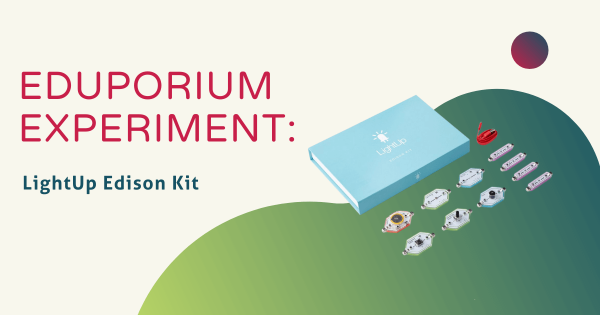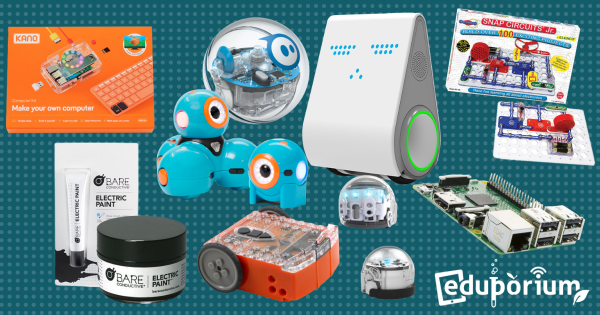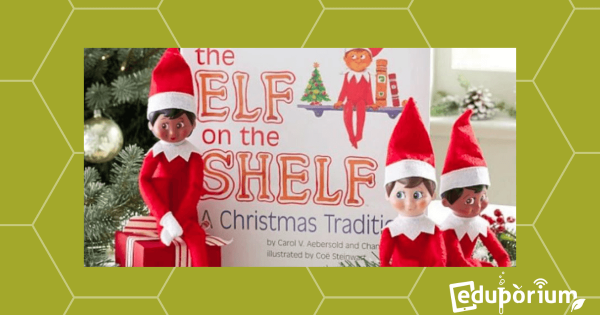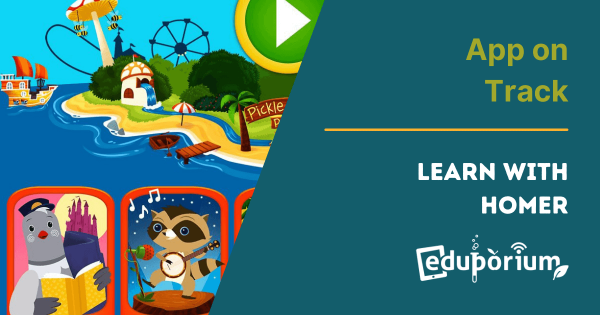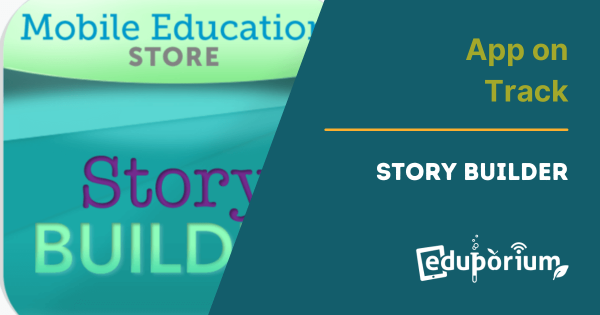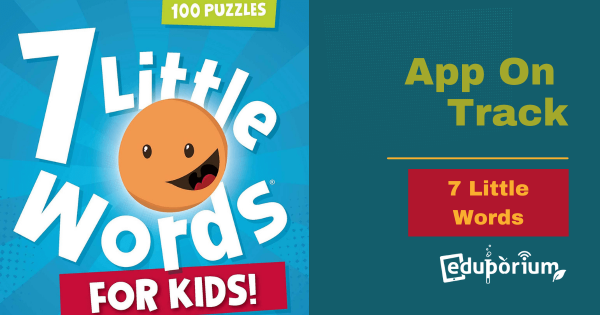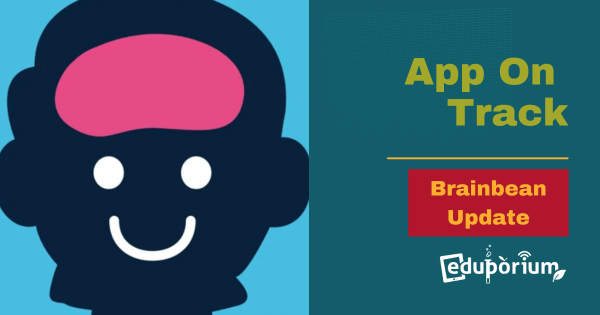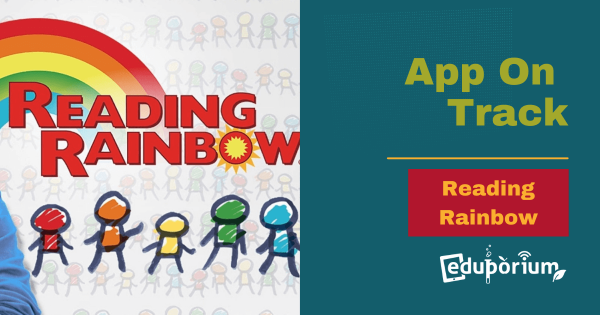Circuitry is all about connecting and closing circuits and the LightUp Edison Kit is the perfect way to teach the basis by combining learning with project-based fun. Using intuitive magnetic attachments, children can experience the fun of building circuits while simultaneously engrossing themselves in a real-life STEM lesson!
Early Education
Integrating STEM experiences in early education is a truly pivotal step in preparing young kids for future challenges. STEM in the early years transcends individual subjects and helps create a holistic approach to problem solving and critical thinking. Incorporating hands-on STEM learning in early childhood classrooms sparks curiosity and engages children in the wonders of the natural world. Through these age-appropriate experiments, interactive games, or creative projects, kids can develop a foundation in scientific inquiry and mathematical reasoning. Early exposure to technology and engineering concepts enhances their digital literacy and problem-solving skills, setting the stage for future technological advancements. By nurturing their curiosity and critical thinking skills from an early age, STEM in early education paves the way for a generation of adaptable and innovative thinkers.
Early STEM learning also helps students foster collaboration and teamwork skills by working together to explore, experiment, and find solutions. These collaborative experiences help them build social skills and a collaborative mindset that's increasingly important in the professional world. STEM activities also promote creativity by encouraging children to think outside the box. Designing or building structures, experimenting with basic coding, or exploring physics principles all help kids learn to innovate and imagine. Also, STEAM in early education provides a solid foundation for lifelong learning. It instills a love for discovery and problem solving, ensuring that students enter higher education and the workforce equipped with key skills needed to navigate an ever-evolving, technology-driven world. Find our insights on STEM in EarlyEd below, including suggestions for tech tools.
-
Eduporium Weekly | Create Your Own Creativity
Technology in the classroom allows creativity to flow, but can we actually teach kids to instinctively be creative? Is there a final exam teachers can give to determine their creative levels? In order to be as creative as possible, everyone, including students, needs to be open to new experiences and methods of carrying out old ones. -
New From Eduporium: Bundles Of EdTech For Everyone
There may come a time when one single EdTech tool might not be enough for all the marvelous projects and unique activities you’re planning for your classroom. You know what? We thought of that too! Eduporium now offers intuitive bundle offerings that feature specifically selected STEAM solutions grouped together to help all your students excel with hands-on learning. -
Raising The Grade: A+ for Lexia Core5
Lexia is beneficial to teachers because it provides action plans or lessons to teachers to address misconceptions and errors. It provides users with a prognosis that shows the probability of meeting common grade-level benchmarks by the end of the year. It’s Common Core aligned to ensure that students are meeting the same goals as others around the country. -
App On Track: Learning To Read With Homer
We’re taking this app around the track to figure out what’s under the hood! Learn With Homer: Reading & Educational Games is designed to help your child get ahead with hundreds of hours of lessons designed by top literacy experts. Just 10 minutes a day builds confidence and improved academic success and it’s truly super easy to get started. -
App on Track: 7 Little Words for Kids
Over 6 million people have downloaded the grown-up version of 7 Little Words. Which was recognized in O, The Oprah Magazine. Now Discover 7 Little Words that’s made just for kids, which received a 2013 Children’s Technology Review—Editor’s Choice Award for Excellence in Design. You and your kids will discover 7 colorful worlds and solve mini puzzles. -
App on Track: An Update to Using Brainbean
Each game is just 60 seconds, so you can pick up Brainbean for a quick brainteaser, or play for an hour or more to really get the most benefits. Brainbean promises to help you be more creative, learn to exercise your cleverness and play with your brain like never before. Learn more about Brainbean inside this post. -
App On Track: Using Reading Rainbow
Children can enjoy five books for free, while a paid subscription gives them access to hundreds more across fun categories like Awesome People and Animal Kingdom, with recommendations based on their interests. Parents can use the app to promote reading at home, and it offers teachers a vast library, making it easy to align with Common Core.




